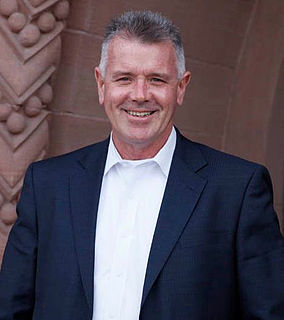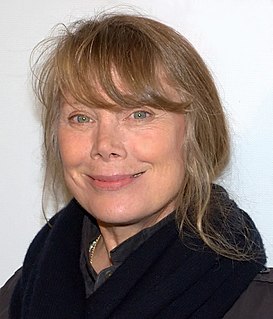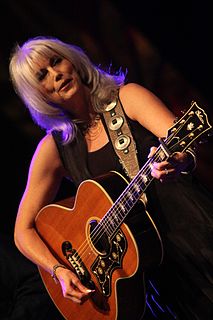A Quote by Kevin Flynn
A digital frontier to reshape the human condition.
Quote Topics
Related Quotes
The human condition comprehends more than the condition under which life has been given to man. Men are conditioned beings because everything they come in contact with turns immediately into a condition of their existence. The world in which the vita activa spends itself consists of things produced by human activities; but the things that owe their existence exclusively to men nevertheless constantly condition their human makers.

































